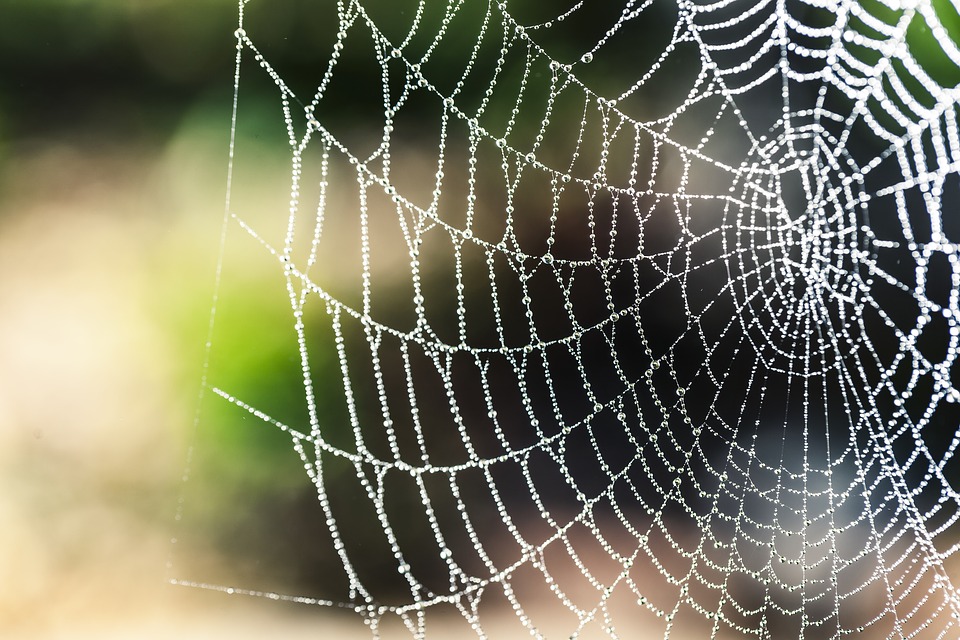
Large rural communities in New South Wales, Australia's oldest and most populous state, are being overrun by thousands of mice, according to a recent report from Live Science.
Spine-chilling footage online showed that the rodents are invading homes and entering barns. There is some footage showing mice littering local beaches as well. And the pesky critters are eating everything in sight.
The plague is a massive blow to farmers in the region, some of whom have lost their entire harvests to the pests almost overnight. Residents have had to deal with mice scraping for food in their cupboards, running inside their houses at night, leaving droppings in their pillowcases and even setting up nests inside their furniture.
Some hotels also had to close because mice were infesting rooms. Even supermarkets were not safe, with staff catching hundreds of mice per night.
Steve Henry, a researcher at the Commonwealth Scientific and Industrial Research Organisation (CSIRO), said the mice infestation is likely the result of a large grain harvest this season, affirming farmers' suspicions. The harvest likely drew mice to the farms earlier in the season than usual, causing them to breed earlier as well.
"[Because] there's lots of food and shelter in the system, they continue to breed from early spring right through into the autumn," said Henry.
But this may just be the beginning. Alan Brown, a farmer from the New South Wales city of Wagga Wagga, said a single breeding pair can produce a new litter every three weeks. Therefore, each breeding pair can easily produce more than 500 offspring in a season. Brown said this is all building up to a massive plague.
Mice infestation plagues farmers, residents
Farmers in the communities have taken matters into their own hands, spreading out traps across their fields. One farmer in nearby Queensland, which also saw infestations of mice, was even given permission by local authorities to use a drone to drop poison bait on the mice from above.
But with stores sold out of traps, both farmers and residents can do little to get rid of the rodents themselves. One resident in Toowomba, Queensland's largest inland city, even reported finding a nest of baby mice in the stuffing of her armchair. She only discovered the nest after a foul smell led her to strip off the armchair's fabric.
In the New South Wales city of Dubbo, a resident discovered mice in her ceiling vent. Meanwhile, employees at a local grocery store in Gulargambone, a city north of Dubbo, have had to go to work five hours earlier than usual to clean up after the mice.
"We don't want to go inside in the morning sometimes," said Naav Singh, who works at the store. Singh added that it's impossible to find all of the bodies. "Some nights we are catching over 400 or 500."
Before opening, Singh empties the store's 17 traps and sweeps the mice's droppings. He then scours the shelves for products that the mice have damaged. He said they have had to throw out five or six bins of damaged products every week since the infestation began. (Related: Extended coronavirus lockdown making London’s rat infestation worse.)
But more than just damaging crops and infesting homes, mice pose a threat to human health because they may carry pathogenic bacteria and viruses. Three people have already gone to the hospital with rodent bites, according to the latest report from The Guardian. Health officials said appropriate treatment has been provided.
Hospitals across NSW have begun stepped up their baiting and trapping procedures to keep out the mice. Most hospitals have laid down odor repellents, sealed off doors and windows that mice could gain access to, increased the frequency of their food waste disposal and blocked weep holes and other cavities.
Go to Environ.news to learn more about the massive mice infestations plaguing Australia.
Sources include:
Please contact us for more information.





















